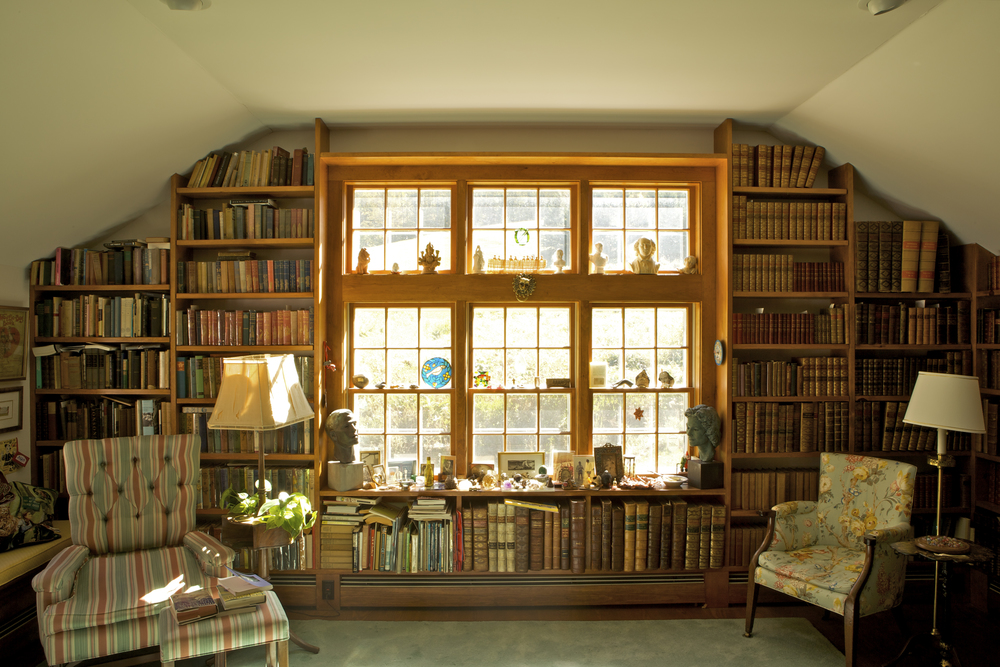WHAT BOTHERS ME is simply the everlasting sameness of my face. Those eyes, that nose, that mouth—the variations of expression they're capable of is really so restricted. The grimmest human tragedy can furrow the brow little more than the momentary pain of the dentist's drill. If an angel of God were to appear suddenly, the eyes that I beheld its glory with could light up little brighter than at the smell of coffee brewing in the morning. More than any other part of me, my face is the part where most of the time I live. It is so hard to disentangle ourselves that I can't be sure whether I am happy and therefore my face smiles or whether my face smiles and therefore I am happy—which is to say that my face and I are so much more involved with each other than my hands and I or my stomach and I that I am forced to conclude that to an alarming degree I am my face. Alarming because I am forced to conclude also that the limitations of my face are my limitations, that in more ways than merely spatial, my face is my farthest-flung frontier, the limit beyond which I cannot pass. My alarm as I look in the mirror, toothbrush in hand, is that I can do no more than my face can do, that I can be no better than the face that I have made out of my life and that my life has made out of me.
And yet: O purge me with hyssop and I shall be clean, wash me and I shall be whiter than snow. Out of the depths of my face I cry unto thee that of thy grace, thy mercy and miracle, thou wilt make me more than my face. If thy power is above all the power to make Christs, then reshape this face I wear and am. What hope is there for me? Thou art my only hope.
- Originally published in The Alphabet of Grace

